![]() Filter the Ecosystem Actors here according to their Technologies and Methods (multiple selection possible).
Filter the Ecosystem Actors here according to their Technologies and Methods (multiple selection possible).
Universities
Development and monitoring of products and processes with the aim of extracting and preserving value-determining ingredients.
Campus Reidbach, Einsiedlerstrasse 34
8820 Wädenswil
Extraction and roasting technologies, biotransformation processes, new processes in food production, genesis of flavor components, extraction of value-determining ingredients, process and product innovation.
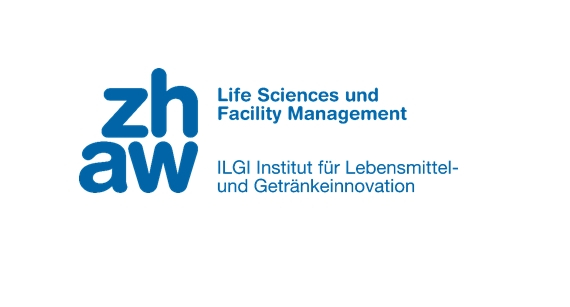
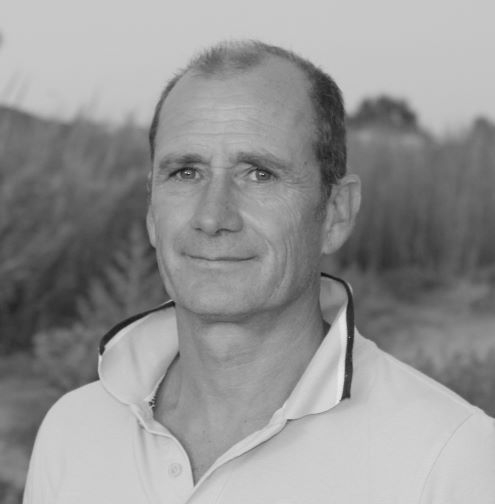
Universities
As ETH Zurich’s central hub for artificial intelligence, we bring together researchers of AI foundations, applications, and implications across all departments. We foster research excellence, industry innovation, and AI entrepreneurship to promote trustworthy, accessible, and inclusive AI systems.
Binzmühlestrasse 11/13
8092 Zürich
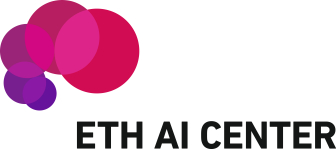
Universities
The Robotics and Perception Group is part of the Department of Informatics, at the University of Zurich, and the Department of Neuroinformatics, which is a joint institute of both the University of Zurich and ETH Zurich.
Our mission is to research the fundamental challenges of robotics and computer vision that will benefit all of humanity. Our key interest is to develop autonomous machines that can navigate all by themselves using only onboard cameras and computation, without relying on external infrastructure, such as GPS or position tracking systems, nor off-board computing. Our interests encompass predonimantly micro drones because they are more challenging and offer more research opportunities than ground robots.
Andreasstrasse 15
8050 Zürich
Robotics, Computer Vision, Machine Learning, Autonomous Systems, Unmanned Aerial Systems, Agile Drone Flight, Drone Racing, Event-Based Vision, Vision-Based Navigation of Micro Aerial Vehicles, Visual-Inertial Odometry, Multi-Robot Systems

Universities
Tracking down ingredients: occurrence, effect and significance of ingredients for the composition of foods as well as investigation of their possible applications for cosmetics. Main focus: Aroma analysis / analysis & extraction of non-volatile food ingredients / cosmetics & personal care.
Campus Reidbach, Einsiedlerstrasse 34
8820 Wädenswil
Aroma analysis, analysis & extraction of non-volatile food ingredients, cosmetics & personal care
Analytics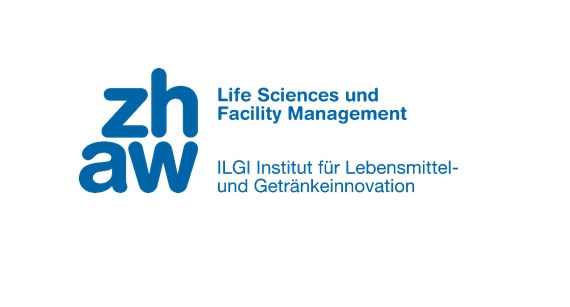
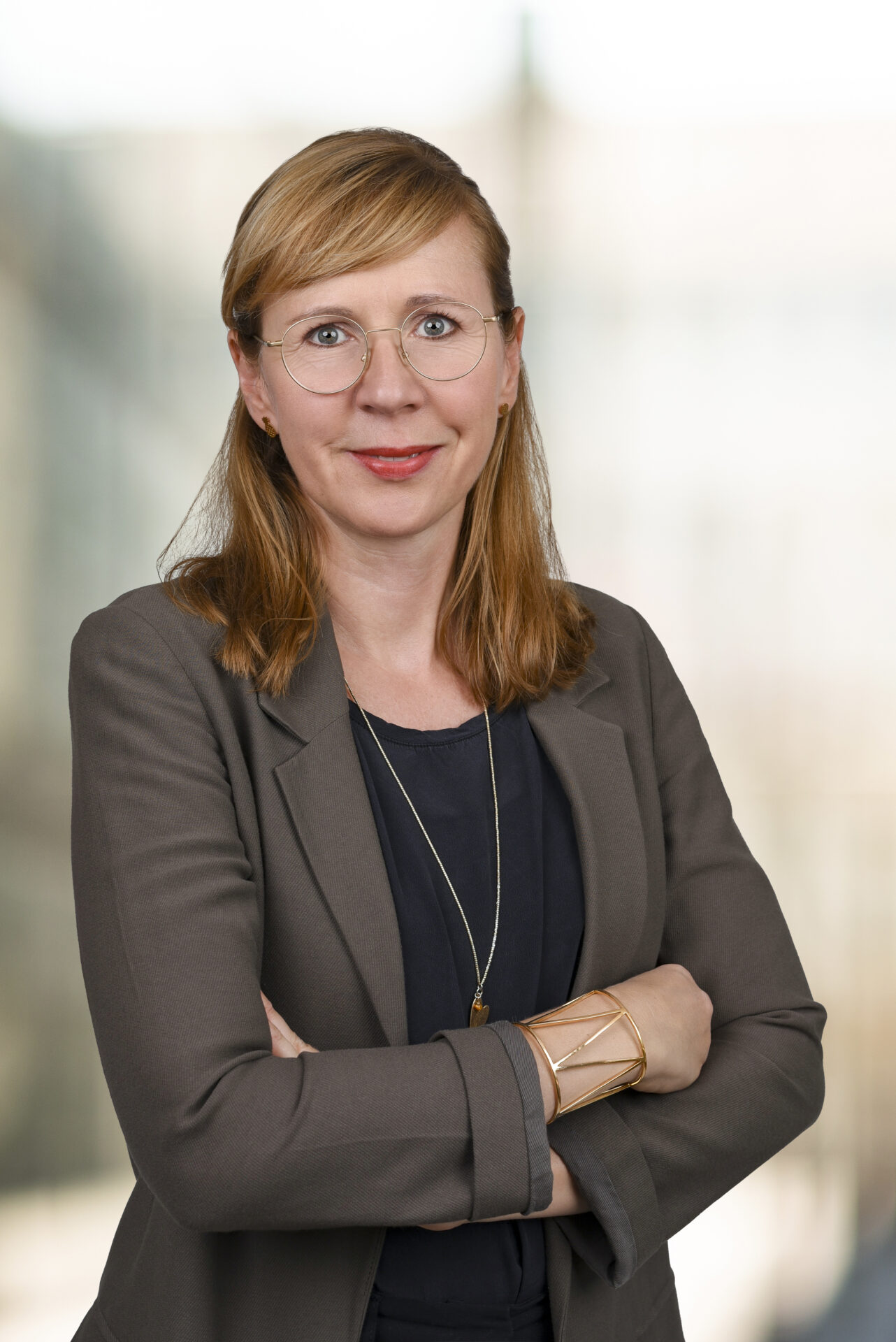
Universities
The Robotic Systems Lab (RSL) develops machines and their intelligence, enabling them to operate autonomously in rough and challenging environments. With a focus on robots with arms and legs (e.g., quadrupedal robots, mobile manipulators, hybrid wheel–leg systems), the lab’s research subjects include novel actuation methods for advanced dynamic interaction, innovative designs for increased system mobility and versatility, and new control, optimization and learning algorithms for locomotion and manipulation.
Leonhardstrasse 21
8092 Zurich
Robotics, Actation, Autonomy, Control, ML
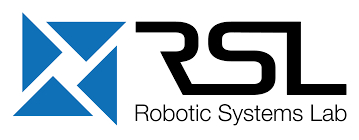
Universities
Scientific investigation as well as practical implementation in food companies on the topics of quality management and food law. Self-control concepts according to food legislation (incl. the elements of good hygiene and manufacturing practice GHP, HACCP, traceability); QM systems and certifications in food companies (e.g. FSSC 22000, BRC, IFS); continuous improvement. Wädenswil Food Law Conference / Continuing education and in-house training.
Campus Reidbach, Einsiedlerstrasse 34, Gebäude RD
8820 Wädenswil
Food law the application for correct labels, food hygiene incl. Maximum values for microbiological criteria, contaminants and residues, substances and additives, novel food, expert opinions, applications for approval
Quality management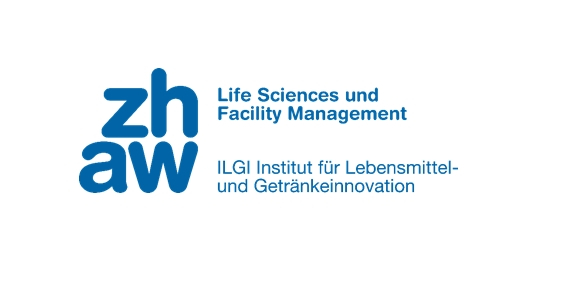
Universities
Application-oriented research and development in the interdisciplinary field of mechatronics and automation.
Fields of expertise: Industrial Automation, Life Sciences, Robotics, Smart Farming, Medical Engineering
Oberseestrasse 10
8640 Rapperswil

Universities
Integrative on all levels. We are devoted to patient care, research and teaching. Our research has a focus on digital health for mind and body. We address research questions from different phases of the research cycle from translational research to implementation research and conduct clinical trials and systematic reviews. We use a broad spectrum of quantitative research methods and mixed methods and involve patients in a participatory research approach.
Sonneggstrasse 6
8091 Zurich
Digital health for mind & body, mHealth intervention research, stakeholder engagement
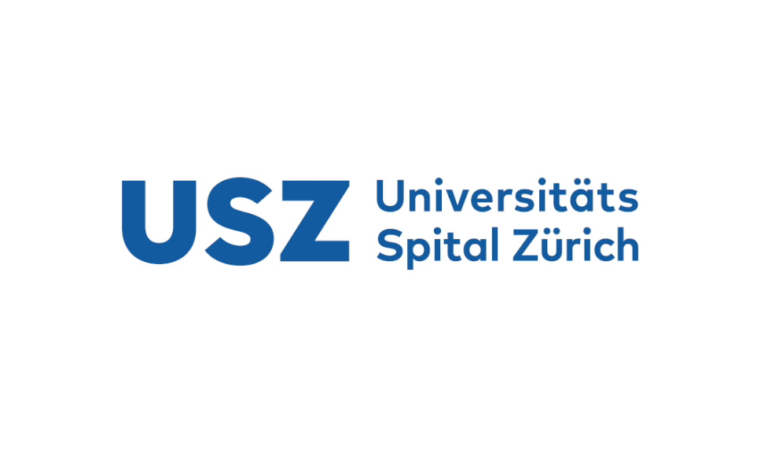
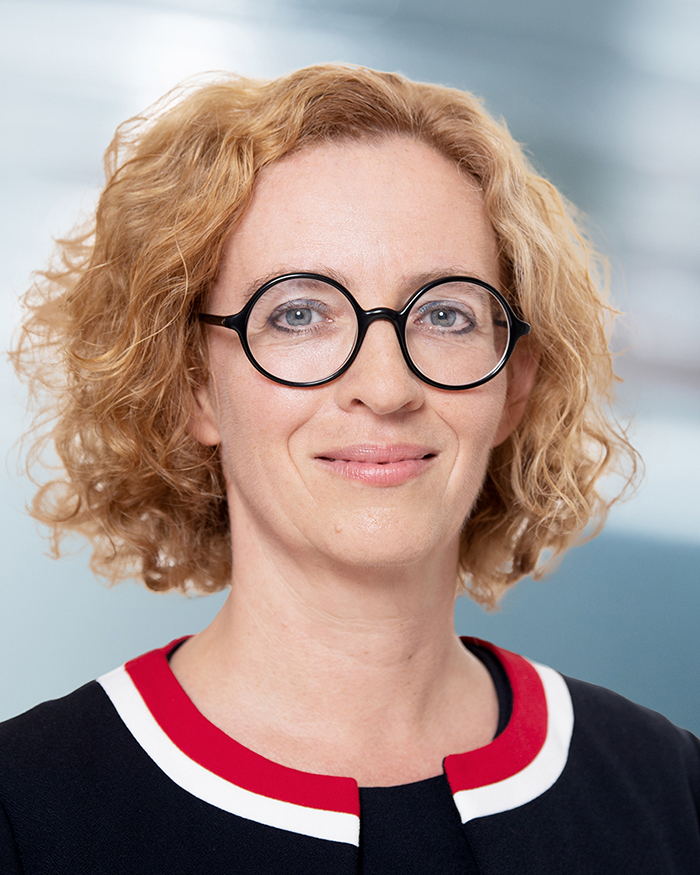
Universities
Future Finance Institute Switzerland is an independent Swiss academic institution focusing on exclusive digital further education for financial professionals. Its goal is maximum practical relevance and topicality, combining finance & technology. The faculties consist of an unparalleled & novel mix of seasoned lecturers who are experienced Swiss banking and insurance professionals, cutting edge technologists as well as FinTech entrepreneurs.
All FFI programs are designed in Switzerland for a global, English-speaking audience of finance professionals.
Frauentalweg 4
8045 Zurich
Education, Training, Finance, Fintech, Technology

Universities
The Digital Society Initiative (DSI) shapes the digital transformation of society and science. With interdisciplinary activities in research, education and outreach, the DSI is the University of Zurich’s (UZH) competence center on digital transformation.
Rämistrasse 69
8001 Zürich
Digitalisation, Digital Transformation, Cybersecurity, Democracy, Ethics, Gaming, Health, Mobility

Universities
RobotX brings together and develop the strong competences of ETH in Robotics through a research and educational platform located in the heart of Zurich to train new talent, attract worldwide experts, and to sustainably grow ETH into the world-leading institute in this field.
Leonhardstrasse 21
8092 Zürich
Robotics
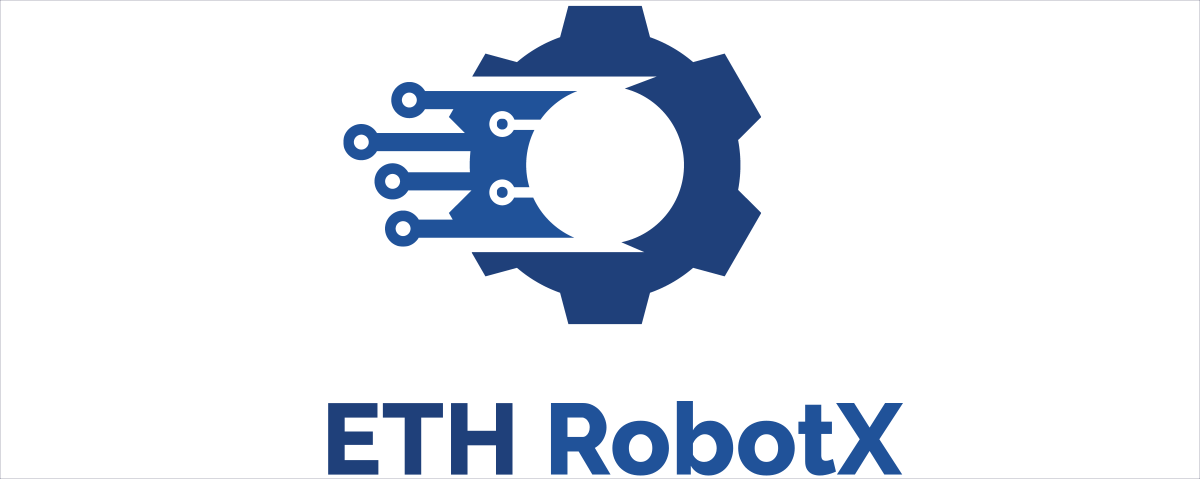
Universities
Functional cultures help reduce additives in foods and enable the development of novel foods from byproduct streams.
Areas of focus: Cocoa bean fermentation / Sourdough and grain-based fermentations / Antimicrobial metabolites.
Campus Reidbach, Einsiedlerstrasse 34
8820 Wädenswil
Functional cultures, foods with fewer additives, new products from byproduct streams, food fermentations, sourdough, grain-based fermentations, cocoa bean fermentattion, antimicrobial metabolites.
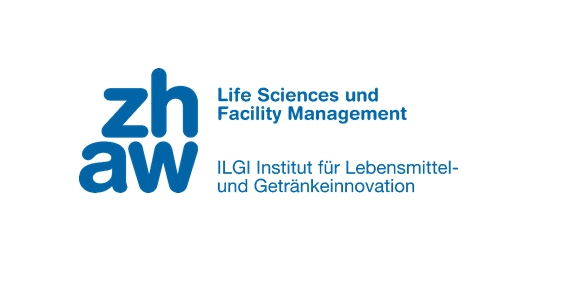
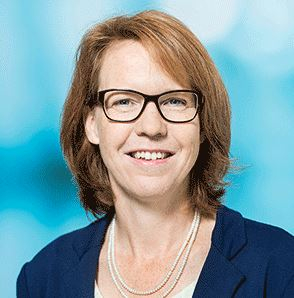
Universities
Development, implementation and establishment of sustainable food manufacturing processes. Focuses: sustainable food value chains / improved nutritional profile.
Campus Reidbach, Einsiedlerstrasse 34
8820 Wädenswil
Sustainable food processing chains, effect of food on the environment, its composition, properties and food processes.
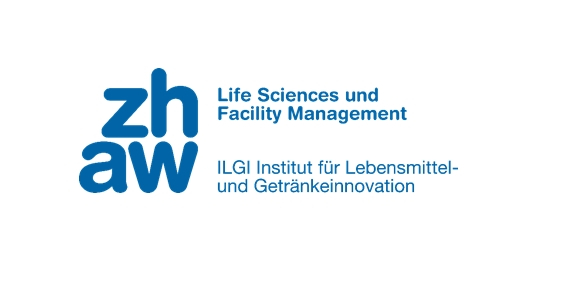
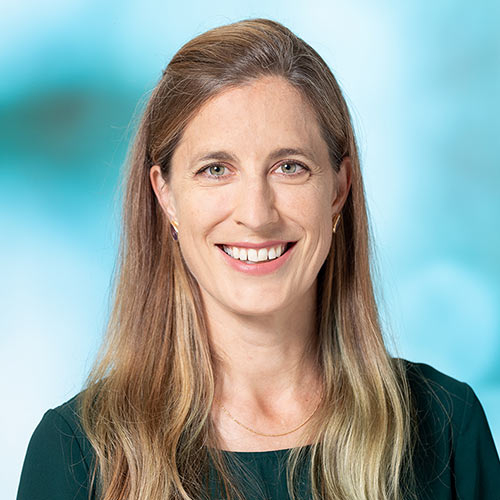
Universities
The Department of Computational Linguistics researches and teaches in the fields of computational linguistics, language technology, phonetics and speech signal processing, and digital linguistics.
Andreasstrasse 15
8050 Zurich
natural language processing, text technology, speech signal processing, phonetics, machine learning
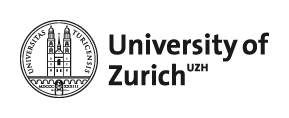
Universities
The BRIDGE Lab is a structural vessel funded by the University of Zurich under the umbrella of the Digitalisation Initiative of the Zurich Higher Education Institutions (DIZH). The lab offers a collaborative platform to promote research and innovation across sectors and cultures. In particular, it connects universities with industries, governments, and organisations around the conditions of successful implementation of digital innovations in Switzerland and beyond. In doing so, we strive to smoothen the path to prepare the society towards better acceptance of, and adaptation to, emerging technologies of high public interest as well as its related services and infrastructure. More info can be found on the project website and LinkedIn.
Rämistrasse 69
8001 Zurich
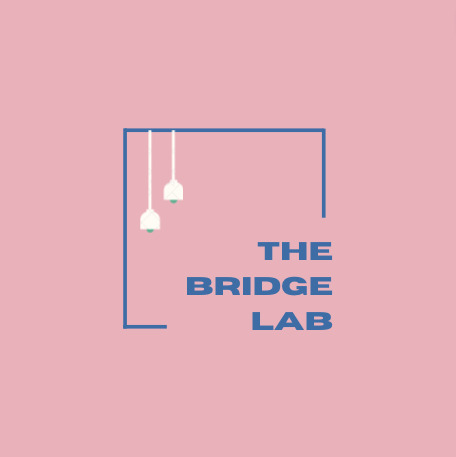

Universities
Nutritional behavior research focuses on the study of the nutritional needs of different population groups and development of target group-specific food and nutrition concepts, taking into account the entire value chain. Areas of Focus: Nutrition surveys and epidemiology / composition and nutritional profiles of foods / nutritional concepts / public health nutrition.
Campus Reidbach, Einsiedlerstrasse 34
8820 Wädenswil
Nutritional evaluation, epidemiology, nutritional concepts, sustainable nutrition, public health nutrition, composition and nutritional profiles of foods.
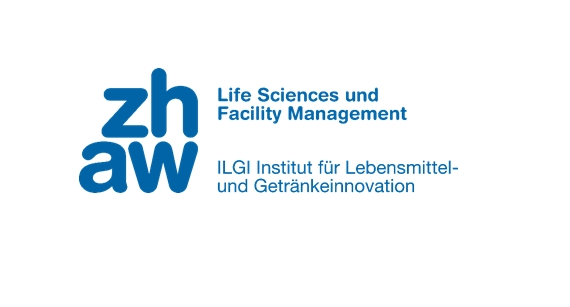
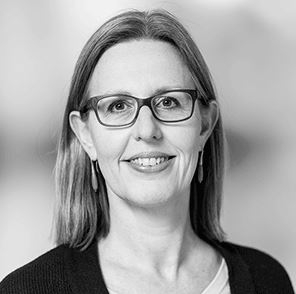
Universities
Systematic recording of sensory characteristics of foods along the value chain and identification of corresponding consumer needs.
Campus Reidbach, Einsiedlerstrasse 34
8820 Wädenswil
Main focus: STS 0240 testing laboratory and sensory laboratory / ZHAW expert panels and consumer tests / continuing education courses and in-house training courses
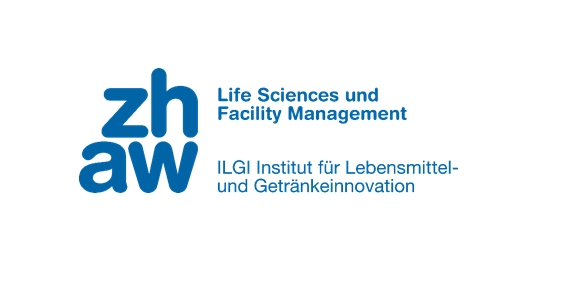
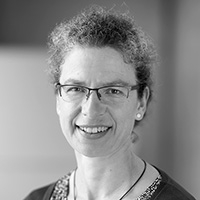
Universities
At the Institute for Facility Management (IFM), we are committed to sustainable real estate, intelligent building systems, healthy workplaces and innovative service offerings.
We make successful real estate and facility management possible. Our specialists design sustainable infrastructures and processes, are committed to innovation and always keep the users in mind. In this way, we support the main activities of companies and public administrations, taking into account economic, ecological and social aspects. In the context of increasing digitalisation, we are also active in research with a focus on the needs of practice.
Grüentalstrasse 14
8820 Wädenswil
FM Digital
We deal with the development, adaptation and implementation of digital technologies and methods in real estate management. This includes, for example, virtual design, construction and operation with the corresponding technologies. Our guiding principle is: "Digital tools and methods are developed, adapted and implemented to increase the performance and quality of assets and processes".
FM in Healthcare and Active Assisted Living (AAL)
We are active at the interface of non-medical support services in healthcare institutions and outpatient care. For services in hospitals, catering and hotel businesses, we develop solutions and advise on the optimisation of work processes or the FM strategy. With AAL, we want to support life for older or impaired people with a view to independent living.
Sustainability in FM
We create solutions for owners, users and operators to help organisations achieve their sustainability goals. For example, adaptive re-use models can be used to extend the life of assets. Partners benefit from our years of experience and an excellent network, such as the Swiss Society for Sustainable Real Estate (SGNI).
Workplace Management
We examine the design and management of working environments with regard to the integration of spatial, human and organisational factors. The economically and ecologically sensible and the individually desirable should be combined, such as what effects the working environment has on the health, performance and satisfaction of the employees.
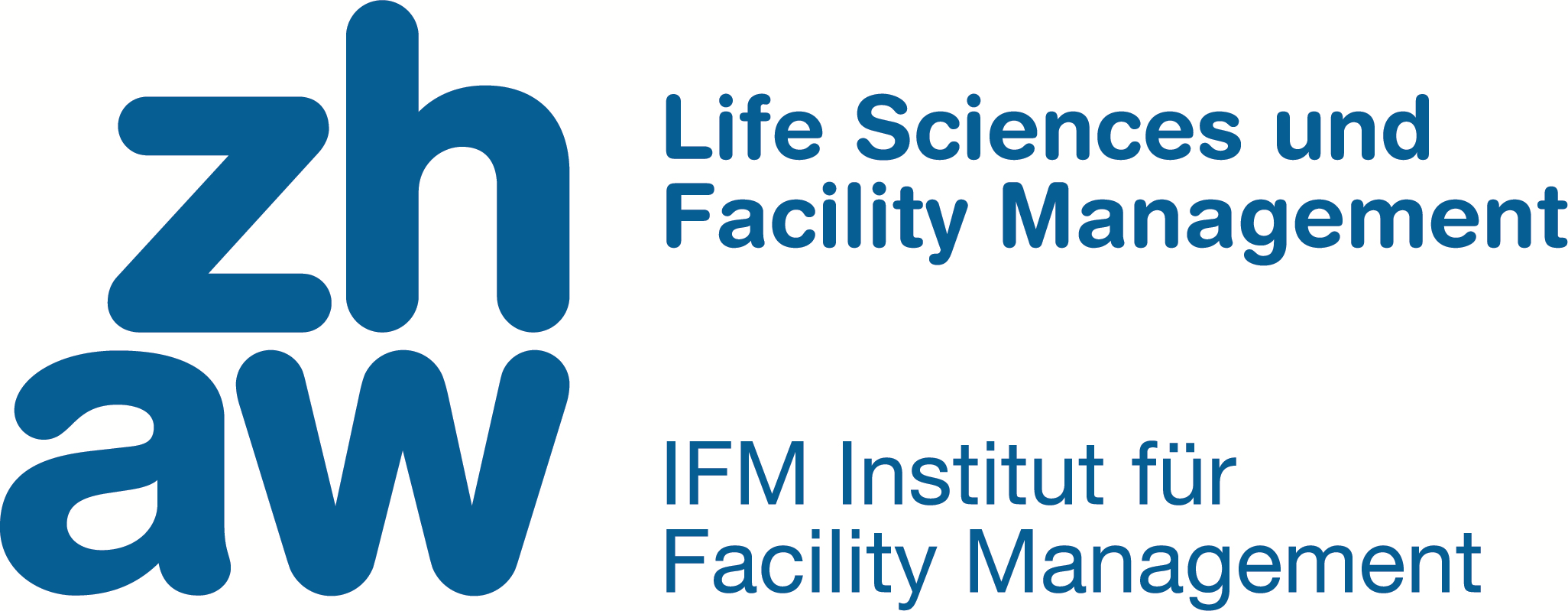
Universities
The Center for Sustainable Future Mobility (CSFM) will serve societal needs by addressing the grand challenges of the transport sector. The mission of the center is to deliver research-based contributions to the design and implementation of sustainable transport systems which will be safe, reliable, fast, socially desirable, environmentally friendly, and cost efficient.
Universitätstrasse 41
8092 Zurich
Interdisciplinary research on sustainable future mobility
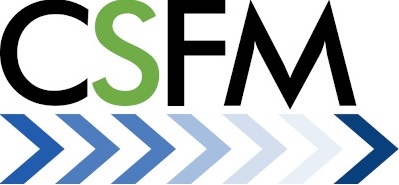

Universities
Developing innovative and sustainable packaging materials and processes for high-quality and safe food. Focus areas: Innovative packaging materials / development and optimization of food packaging processes / biopackaging / shelf life simulation.
Campus Reidbach, Einsiedlerstrasse 34
8820 Wädenswil
Innovative and sustainable packaging materials, innovative and sustainable packaging processes, packaging process optimization, biopackaging.
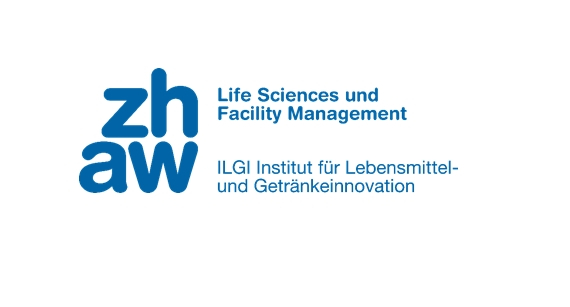
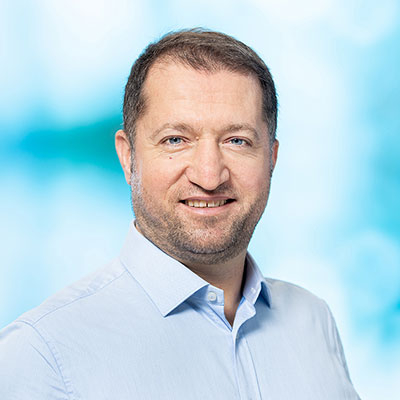
Universities
The Data Science for Sciences team researches at the frontier of machine learning, computer vision, and remote sensing to solve scientific questions in the environmental and earth sciences. Our goal is to develop original, data-driven methods to automatically analyse environmental data at very large scales. We work closely with our colleagues in ecology to jointly find new ways to protect our environment on a global scale using artificial intelligence. Scientific projects include global mapping of vegetation parameters such as tree canopy height and carbon stock with very high spatial and temporal resolution, monitoring agricultural land, predicting water levels in flooding scenarios or setting up a rapid alert system to detect forest degradation. On the technical side, we are investigating exciting topics such as quantifying uncertainties in deep learning, explainable artificial intelligence, graphical neural networks, and time series analysis with transformers. We believe that interdisciplinary research is the key to scientific breakthroughs and we always strive to put our research into practice by collaborating with NGOs, companies, and public administration.
Winterthurerstrasse 190
8057 Zürich
Geospatial Computer Vision, Large-Scale Machine Learning applied to Ecology, Remote Sensing, Deep Convolutional Neural Networks, Photogrammetry
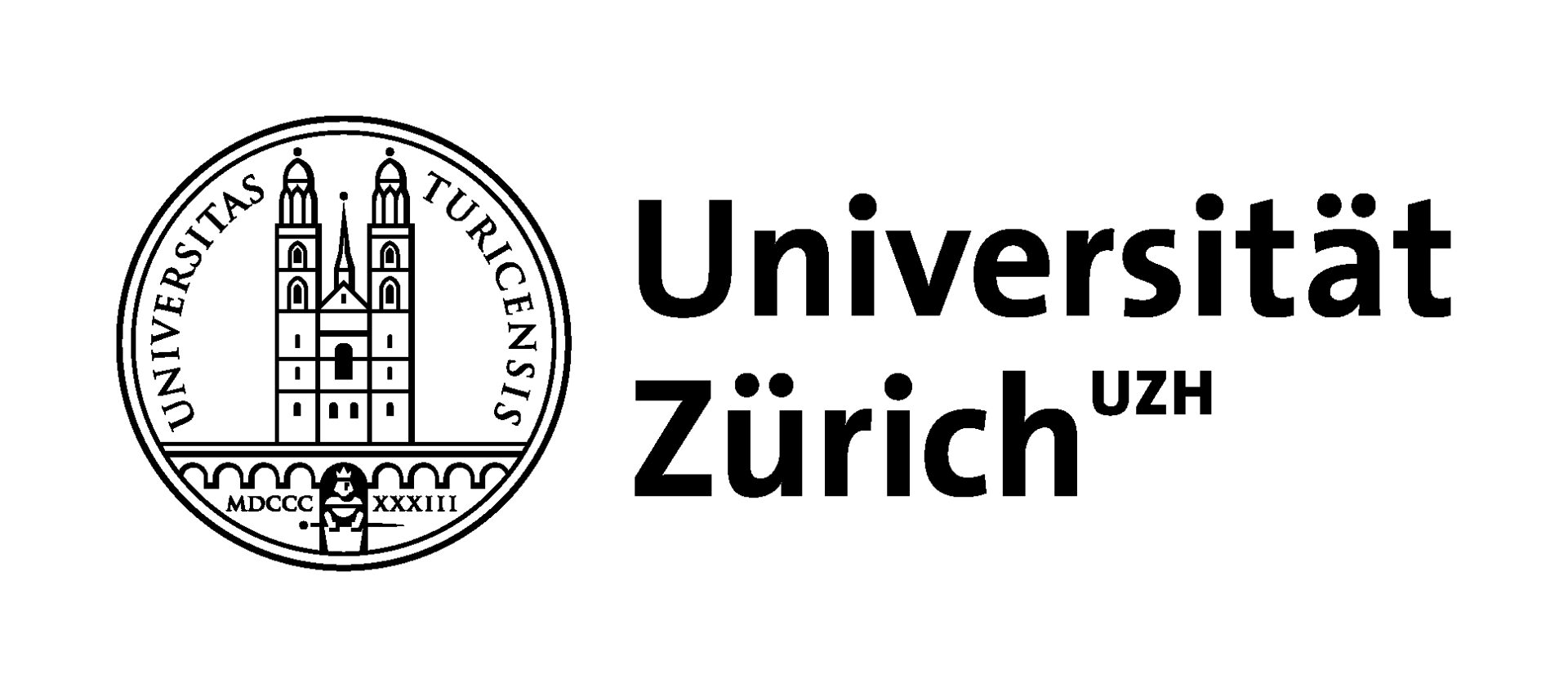
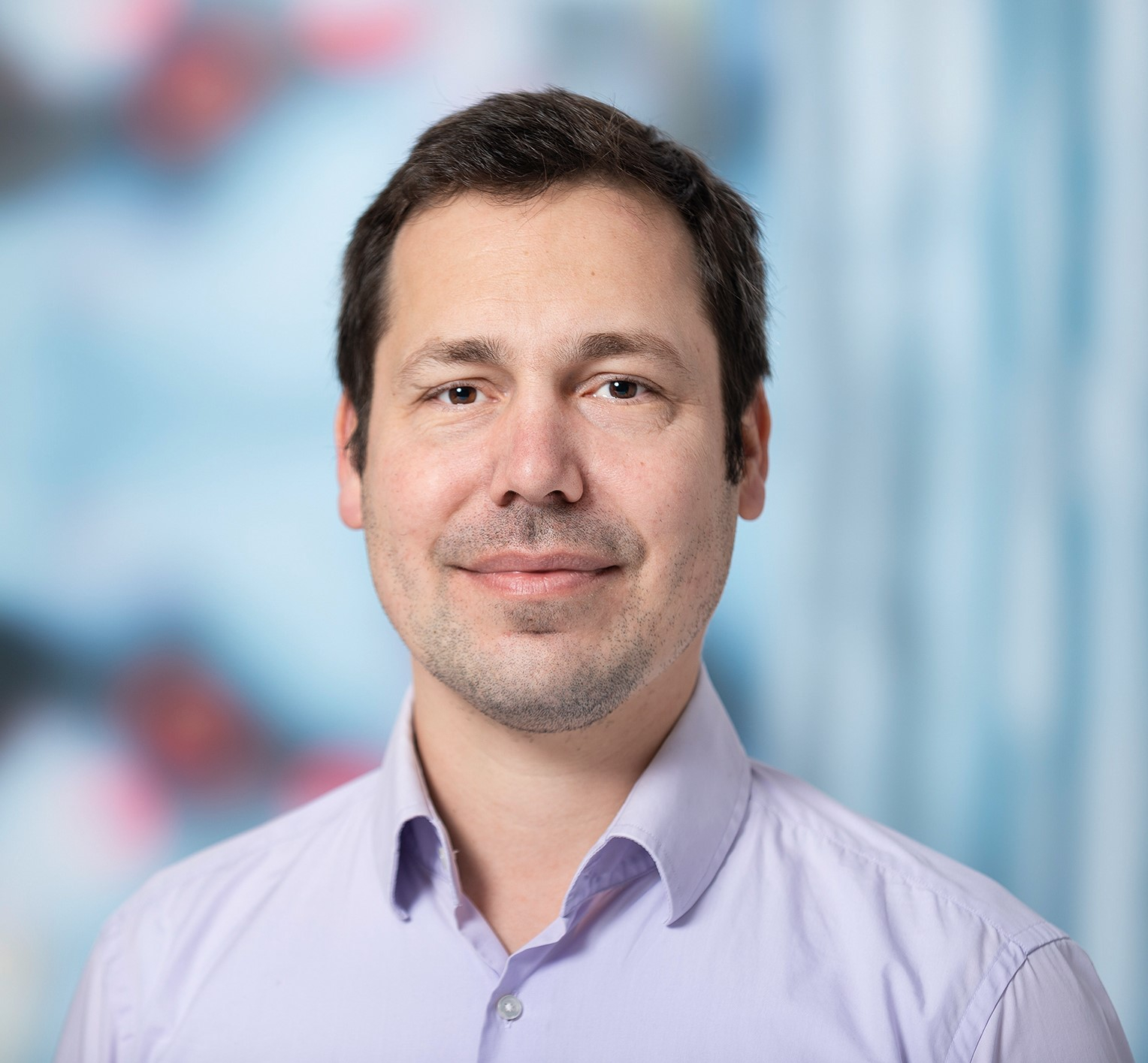
Universities
The ZHAW Digital Health Lab brings together experts from the fields of biomedicine, health, technology, and business, who together create innovations for digitalisation in the healthcare sector. As a competence network, we work with our partners to develop solutions to current challenges in the healthcare sector. In doing so, we exploit the potential of our interdisciplinarity. We focus on results-oriented cooperations with our network and are valued as a competent partner.
Gertrudstrasse 15
8401 Winterthur
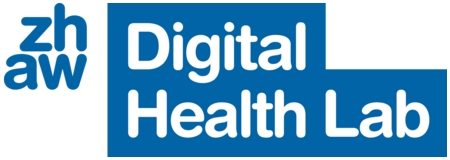
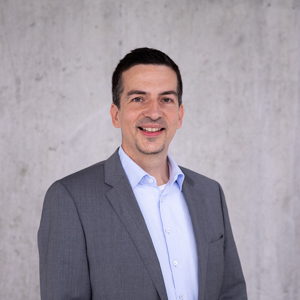
Universities
At the Institute of Natural Resource Sciences (IUNR), we are committed to the sustainable use of natural resources and the preservation of an intact environment.
Our research is oriented towards the interfaces between society, environment and technology. For us, society is the linchpin for issues relating to the environment and sustainability. We regard the environment as a habitat, a field of action and a mirror of society. For us, technology is an instrument of people and an important factor influencing the environment. We inspire and empower sustainable use of natural resources, teach and research with commitment – networked, digital, implementation-oriented – and provide answers to global challenges.
Grüentalstrasse 14
8820 Wädenswil
Sustainability transformation, biodiversity and ecosystems, agroecology and food systems, closed-loop and energy systems, climate change mitigation and adaptation.

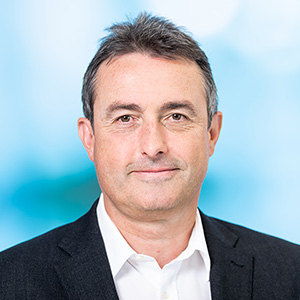
Universities
At the Institute for Computational Life Sciences (ICLS), we see ourselves as mediators between basic research and practical applications in business and society.
We create solutions in the field of Data Science and Computation for the Life Sciences. In the field of bioinformatics, we operate at the interface of biology, medicine and computer science. With cognitive computing, we offer new solutions in the life sciences based on the fundamental understanding of man and machine as an overall learning system. However, we also research and work on digital transformation in “Computational Health” and “Digital Labs & Processes” – always with a focus on the benefits for people and organizations.
Grüentalstrasse 14
8820 Wädenswil
Bioinformatics, Cognitive Computing for Life Sciences, Computational Health, Digital Labs & Production
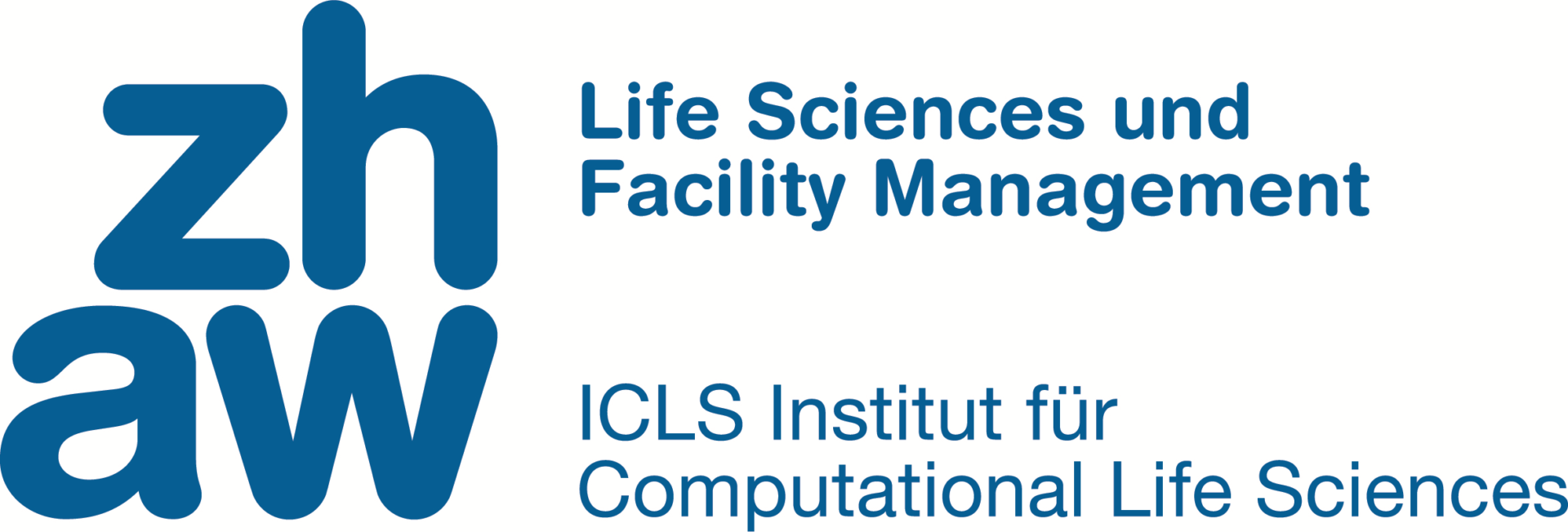
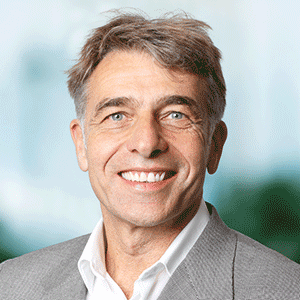
Universities
Digitization has technical (“Can we do that?”) and economic (“Do we want that?”), but also ethical (“Should we?”) and legal (“May we?”) aspects. Of course, this also applies to innovations in the financial sector. Economists, technicians and lawyers are therefore needed to assess these. These must talk to each other, but above all understand each other and think together.
Peter Merian-Strasse 86
4052 Basel
Open Finance
Artificial Intelligence
Payment systems
Tokenization
Data Thinking


Universities
An interdisciplinary team led by Prof. Michael Krauthammer that is affiliated with the University Hospital of Zurich and the Department of Quantitative Biomedicine at the University of Zurich. We are working on biomedical informatics projects and machine learning research in healthcare.
Schmelzbergstrasse 26
8006 Zurich
Biomedical informatics, meachine learning, bioinformatics, translational research
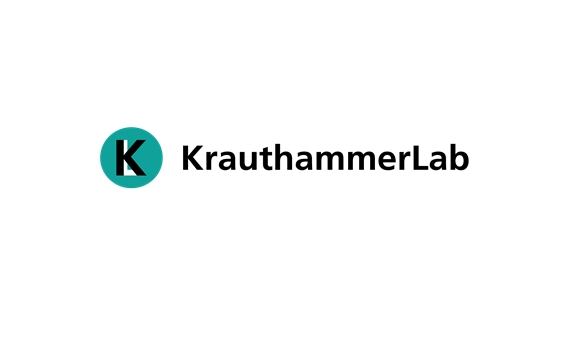
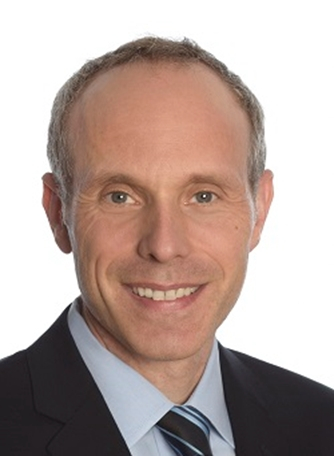
Universities
The Competence Centre for Rehabilitation Engineering and Science (RESC) at ETH Zurich is a nexus of expertise from academia, hospitals, industry, government, healthcare, and disability organisations. We establish a holistic rehabilitation approach to better meet the needs of patients and people with physical disabilities by facilitating research and transfer, fostering an interdisciplinary network, and raising awareness along the continuum-of-care.
Gloriastrasse 37/39
8092 Zürich

Universities
The Swiss FinTech Innovation Lab is a cross-disciplinary research program on the global phenomenon of innovation in the financial industry induced by “Financial Technology” (FinTech).
It involves researchers from banking and finance, business informatics, innovation management, strategic management, marketing, social sciences, economics, and many other disciplines. The lab`s goal is to conduct research on the topic of digitisation in the financial services industry together with participants from the whole value chain, including banks, insurers, providers, regulators, and various other organizations and associations from the FinTech ecosystem.
Hosted at the Department of Banking and Finance at the University of Zurich, the Swiss FinTech Innovation Lab cooperates with a broad international network of universities like for example ETH Zurich, University of St. Gallen, MIT, Harvard, Stanford, University of Hong Kong, Singapore Management University, and many others.
Müligässli 15
8598 Bottighofen
The Swiss FinTech Innovation Lab focuses on research, education and innovation.

Universities
Our research focus is at the intersection of information visualisation, visual analytics, human-computer interaction, and machine learning. Our projects take a human-centred approach to data science to promote human engagement in the data analysis process with interactive visual interfaces. Our research looks at combining the strengths of humans and machines in an iterative and incremental data analysis process to address the remaining challenges of data science.
Binsmühlestrasse 14
8050 Zürich
Information Visualization, Visual Analytics, Human-Computer Interaction, Machine Learning, Data Science, User-Centered Design
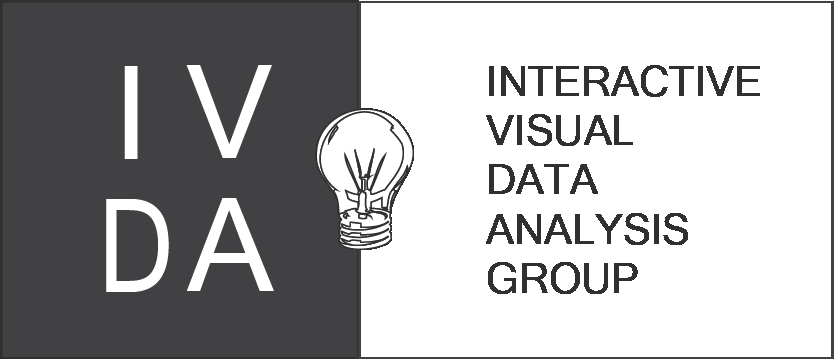
Universities
The Center for Augmented Computational Design in Architecture, Engineering and Construction, more commonly referred to as ‘Design++’, aims to develop digitally augmented design tools and computational processes that will enable experts to simultaneously increase construction productivity, improve the quality of the built environment, and substantially reduce the ecological impact within Architecture, Engineering and Construction (AEC). Design++ integrates artificial intelligence (AI), with a focus on machine learning (ML) and extended reality (XR) for design and engineering as they hold great promise to revolutionise design processes in the AEC industry.
Wolfgang-Pauli-Strasse 27, HIT F23.1
8093 Zurich
Architecture, Engineering, Construction, computational design, artificial intelligence (AI), machine learning (ML), extended reality (XR), virtual reality (VR), Augmented Reality (AR), mixed reality (MR)
Virtual Reality, Machine Learning, Lidar, Data Science, Augmented Reality, Artificial Intelligence (AI)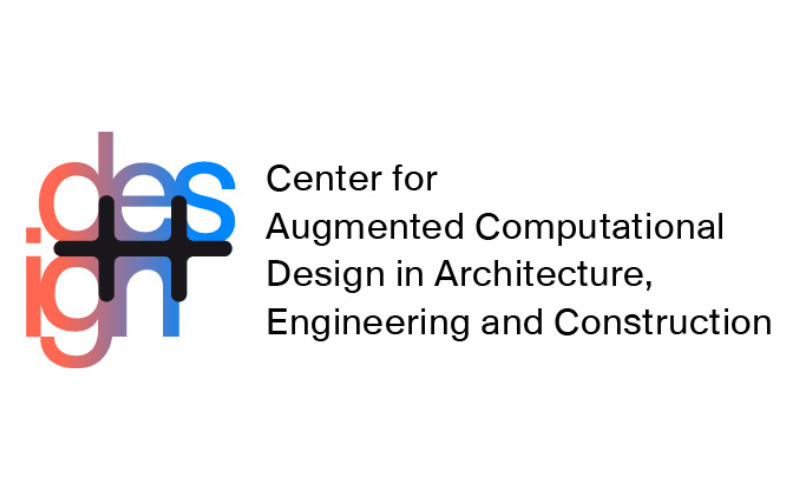
Universities
The LOOP Zurich is a medical centre for translational research and precision medicine. It focuses on new approaches, better diagnostics, and novel therapies for the benefit of patients and society. The goal is the efficient transfer of scientific findings into medical application for personalised healthcare.
The six founding institutions of The LOOP Zurich are the University of Zurich (UZH), the Swiss Federal Institute of Technology Zurich (ETH), and the following university hospitals: Zurich University Hospital (USZ), Zurich University Children’s Hospital (KiSpi), Balgrist University Hospital, and Zurich Psychiatric University Hospital (PUK).
Moussonstrasse 15
8044 Zürich
Clinical research; biomedical informatics; precision oncology; precision neurorehabilitation; COVID-19 research
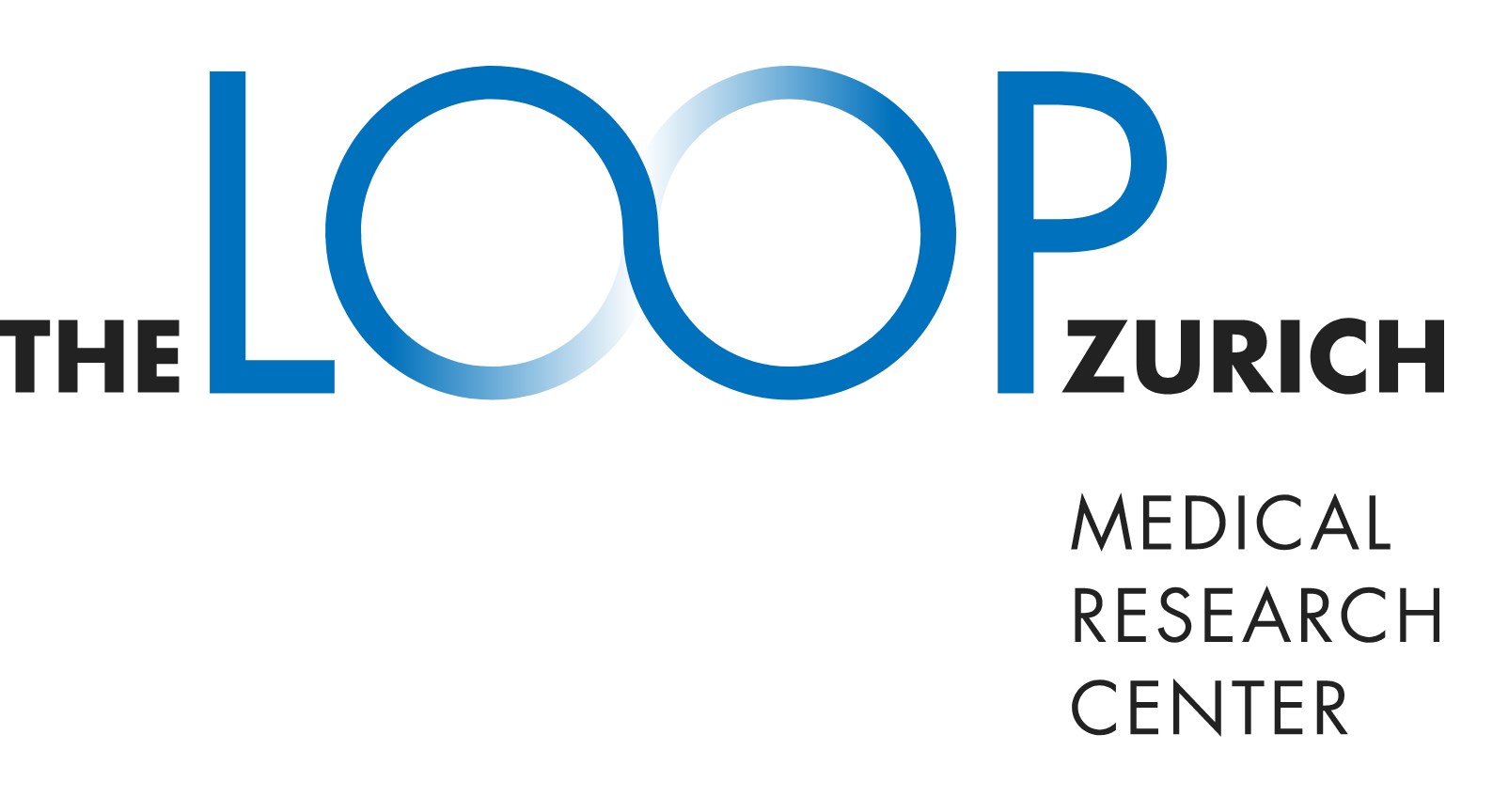
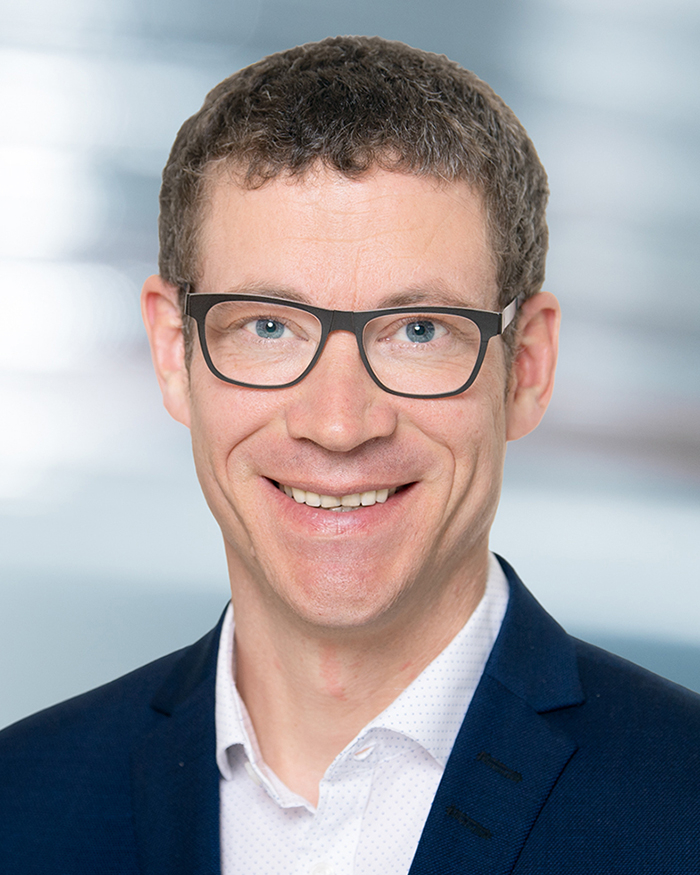
Universities
Detection and reduction of pathogenic bacteria in food. Main focus: Reduction of pathogenic microorganisms and spoilage organisms in food / challenge tests / bacteriophages / detection of microbial contamination / characterization of filamentous Bacillus spp.
Campus Reidbach, Einsiedlerstrasse 35
8820 Wädenswil
Pathogenic bacteria in food, detection and reduction of pathogenic bacteria in food, distribution germs, food safety, molecular detection methods, challenge tests, characterization of filamentous Bacillus spp.
Vertical Farming, Side streams / by-streams, Start-ups, Quality management, Personalised medicine, Food packaging, Foodwaste, Fermentation, Diagnostics, Biodiversity, Alternative proteins (plant based)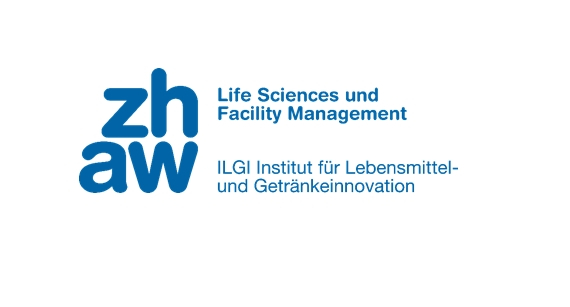
Universities
“We understand food” – this holistic approach guides our institute.
We observe all developments in society, the economy, technology and nature that are relevant to food. In teaching, research, continuing education and services, we focus on “managing the making of better food and beverages” – in close cooperation with companies, institutions and authorities.
The institute’s focus is thus on the application-oriented control and optimization of manufacturing processes. The aim is to provide products and solutions that optimally satisfy people’s nutritional needs. Our mission is “better” food and beverages that are enjoyable, healthy, safe and sustainable from raw material to consumer.
Einsiedlerstrasse 34, Postfach
8820 Wädenswil
Food Processing
Food Technology
Food Biotechnology
Food packaging
Food Process Development
Food Chemistry
Food Microbiology
Sensors
Food law
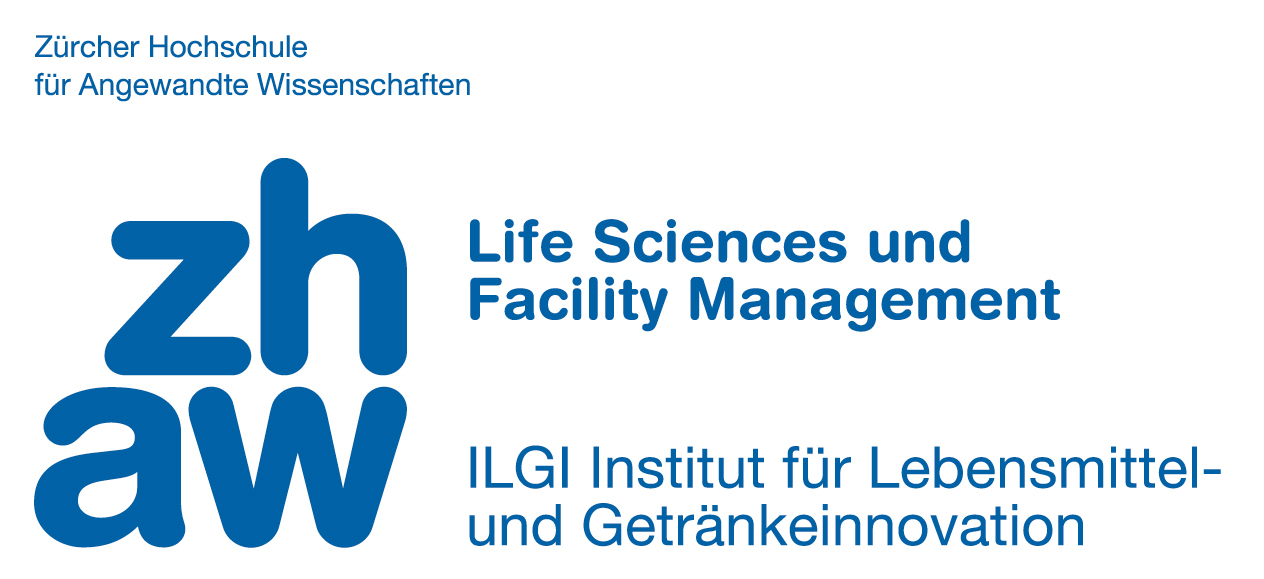
Universities
The Z-Kubator, as part of the Zurich Centre for Creative Economies (ZCCE), promotes the development of independent artists, cultural producers and designers at Zurich University of the Arts by mixing aesthetic ideas with entrepreneurial practices.
Toni-Areal, Pfingstweidstr. 96
8005 Zürich
Incubation of artistic careers and creative startups, transdisciplinary collaborations in the context of impact-oriented innovation and entrepreneurship
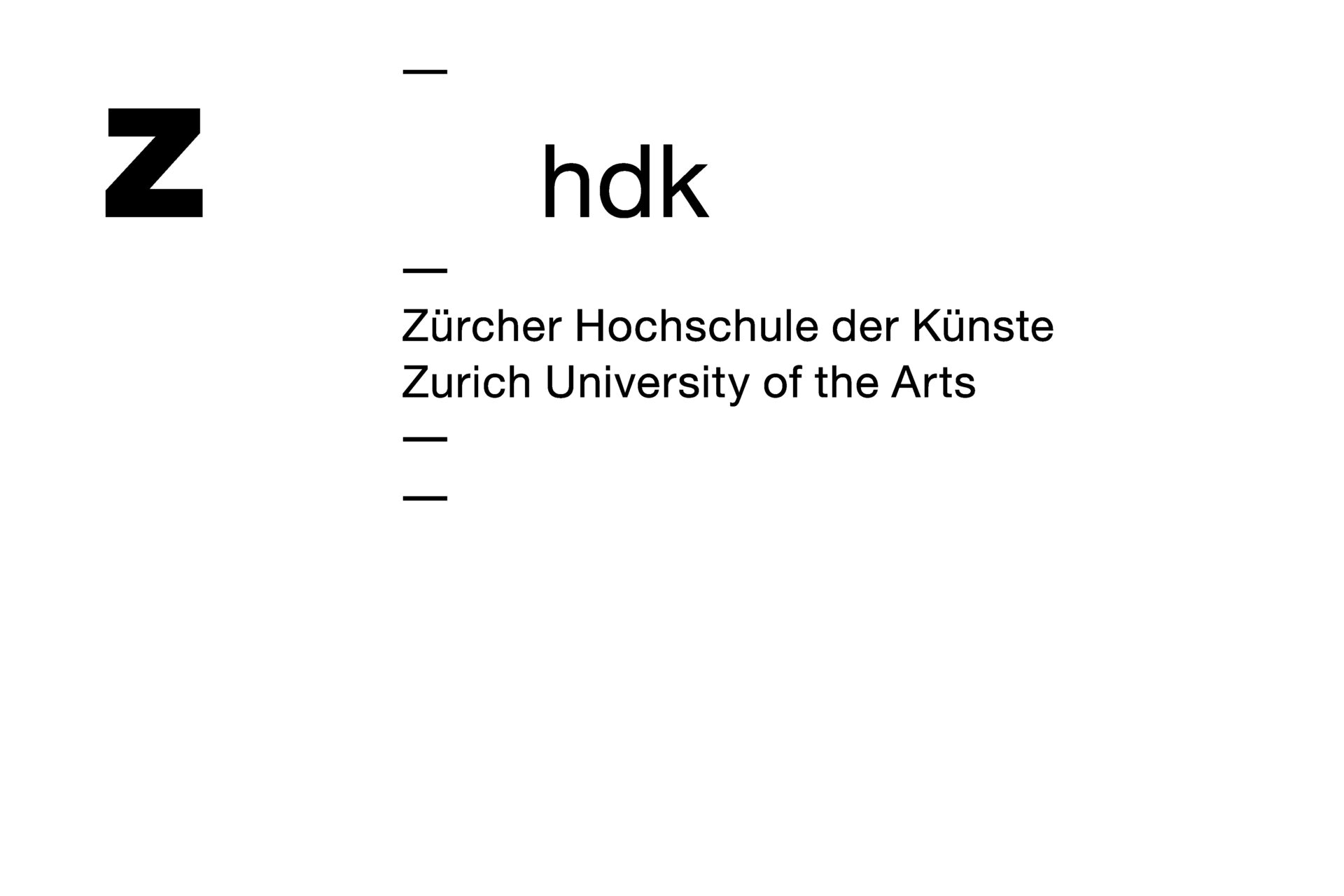
Universities
Computer science drives digitalisation and plays a major role in determining the future of our information society. The Institute for Applied Information Technology (InIT) stands for research and development in diverse subject areas of informatics and develops practical solutions for challenging problems in cooperation with company and university partners. Since 2005 we have been your flexible and efficient partner with around 85 employees from various departments and our modern research infrastructure.
Obere Kirchgasse 2
8401 Winterthur
The InIT is divided into five research groups that deal with current topics in computer science: Distributed Systems, Human-Centered Computing, Information Security, Intelligent Information Systems, Software Engineering
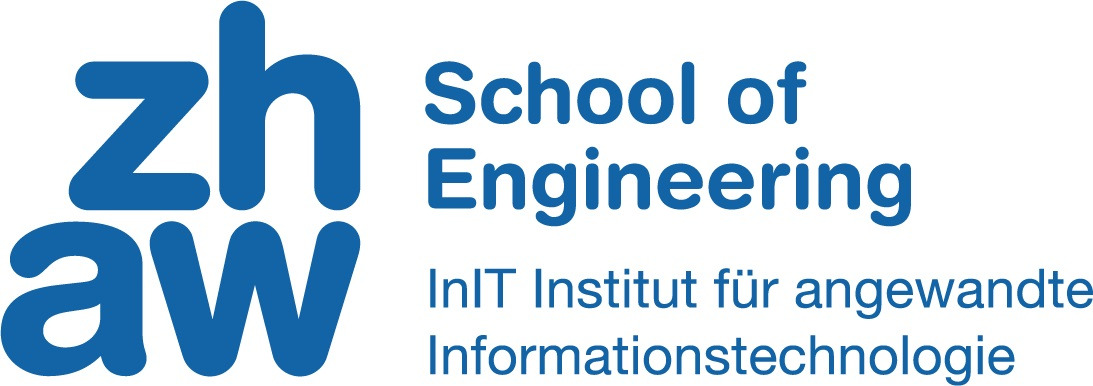
Universities
The Institute for Sustainable Development (INE) looks at technological, economic and social changes and their complex interactions from a sustainable perspective. In applied research, we identify future requirements for technologies and their sustainable linkage in systems. We focus on the topics of “Sustainable Energy Systems”, “Sustainable Supply Chain and Mobility” and “Risk Management and Technology Assessment”.
Technoparkstrasse 2
8401 Winterthur
Transformation of socio-technical systems
Sustainable energy systems, energy efficiency
Smart Cities and Regions
Individual behaviour, real laboratories
Sustainable value chains
Sustainable Mobility
Technology/Risk Assessment
Resilience Engineering
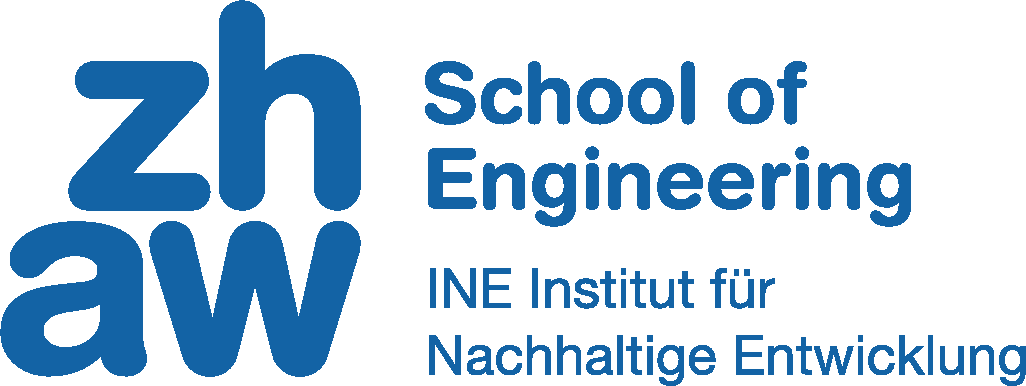
Universities
Our focus is on applied research and development in electronics. In the fields of microelectronics, embedded systems, sensor technology, actuator technology and electronics development, we push the boundaries for our customers in terms of size, power consumption and speed – right up to the top of the world.
Our team brings together long-standing experts and young employees straight out of university. This means that our customers benefit from both experience and the latest know-how from the universities. Each project is supervised by a junior and a senior. That’s what sets us apart.
Oberseestrasse/10
8640 Rapperswil

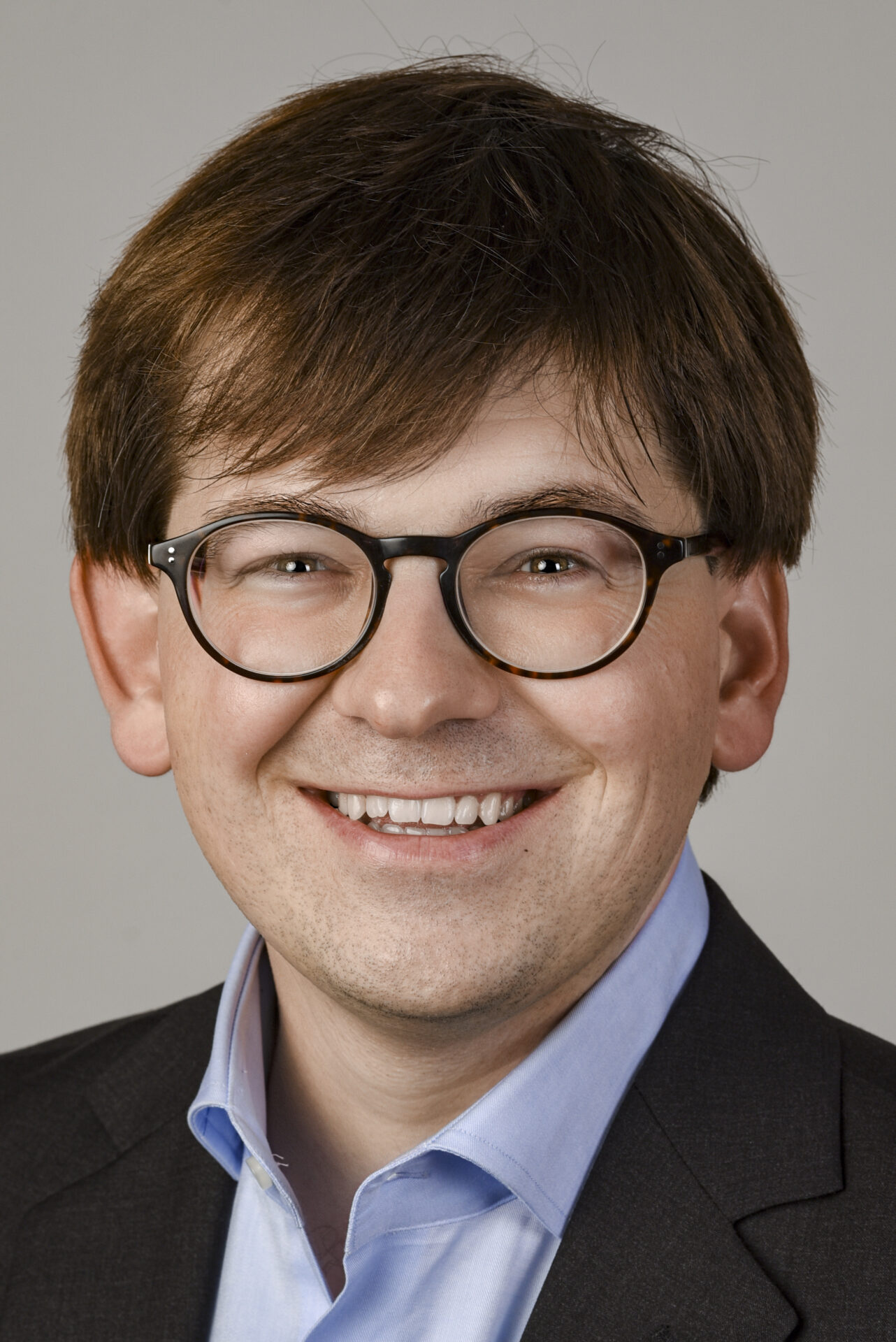
Universities
The Wyss Zurich Translational Center – or Wyss Zurich for short – is a joint accelerator of the University of Zurich and ETH Zurich (Swiss Federal Institute of Technology Zurich), established through a generous donation by Swiss entrepreneur and philanthropist Dr. h.c. mult. Hansjörg Wyss. It was founded to promote translational research focused on the development of treatment protocols and clinical therapies as well as novel technologies and intelligent systems in the emerging fields of regenerative medicine, robotics and their hybrid technologies. Wyss Zurich brings together world-leading experts from both institutions in multidisciplinary teams that combine their knowledge and experience. For more information, please visit www.wysszurich.ch.
Weinbergstrasse 35, WEH, ETH Zurich / University of Zurich
8092 Zurich
Funding for personnel expenses & translational R&D; Funding for early-phase clinical trials; Access to technology platforms & infrastructure; Coaching / matching with business experts

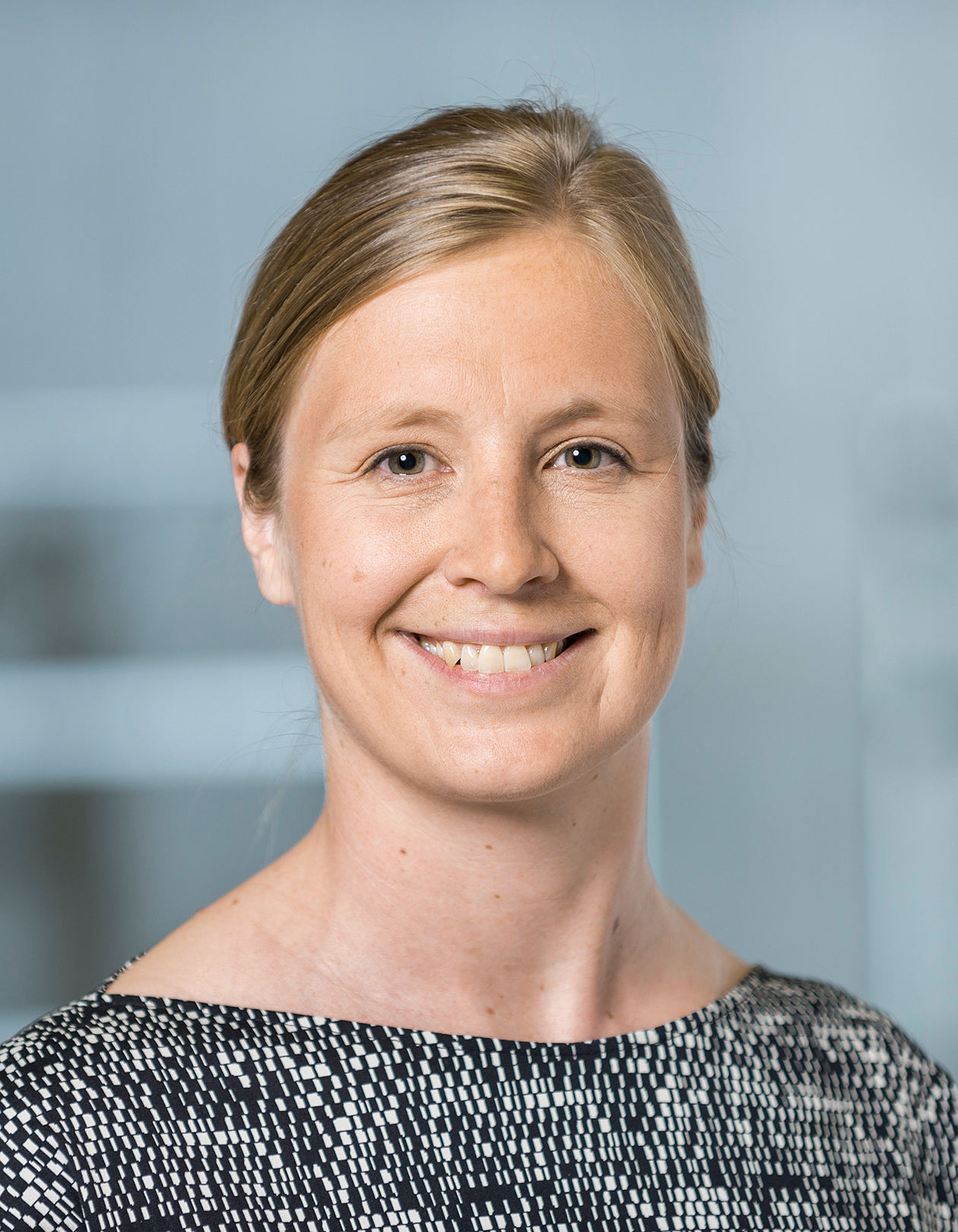
Universities
The UZH Innovation Hub is the platform for Innovation & Entrepreneurship at the University of Zurich. The Hub bundles and nurtures UZH’s ecosystem of ambitious innovation and entrepreneurship supporting stakeholders, including people, university entities, programs and initiatives across UZH’s 7 faculties. It servs as a connector to bridge students, researchers and external partners. Visit the Innovation Hub’s website if you want to know more about how to engage with innovation activities at the University of Zurich!
Hirschengraben 48
8001 Zürich
Science-based Innovation
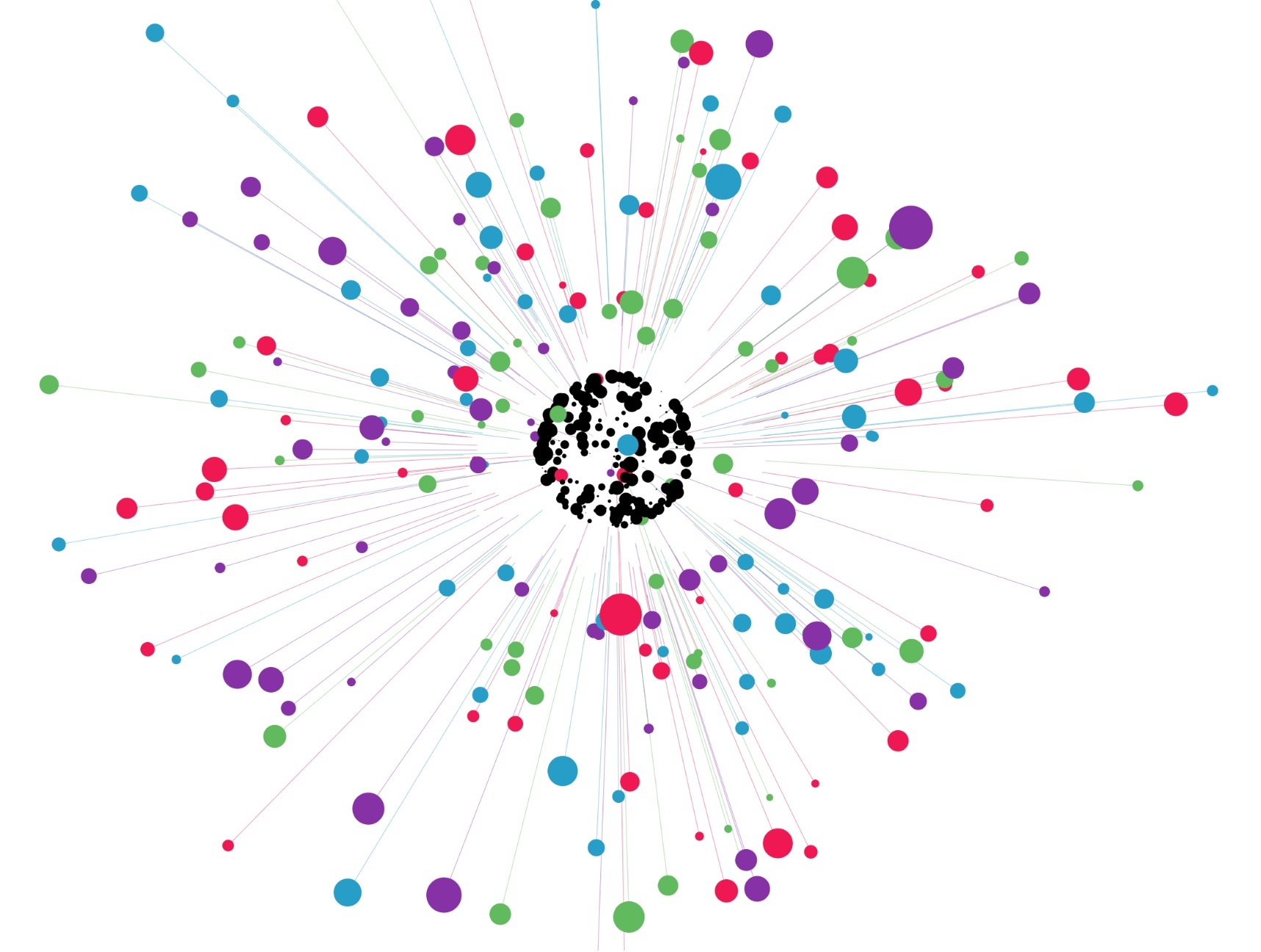
Universities
The “Institute of Neuroinformatics” (INI) was founded at the end of 1995 at the University of Zurich and ETH Zurich. The Institute’s mission is to explore the key principles by which brains function and to implement them in artificial systems that interact intelligently with the real world.
Winterthurerstrasse 190, Institute Of Neuroinformatics, University Of Zurich And Eth Zurich
8057 Zurich
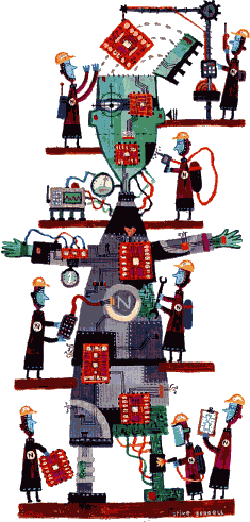
Universities
Materials and technologies for a sustainable future.
Empa is the ETH Domain’s interdisciplinary research institute for materials science and technology development. As a bridge between research and practical application, it develops innovative solutions for the priority challenges of industry and society in the areas of nanostructured, “smart” materials and surfaces, “advanced manufacturing”, environmental, energy and sustainable building technologies as well as personalised medicine and medtech applications. By transforming research results into marketable innovations thanks to efficient technology transfer together with industrial partners, Empa makes a significant contribution to enhance the innovative strength and international competitiveness of the Swiss economy, true to its motto: “Empa – The Place where Innovation Starts”. Careful use of our natural resources and thinking in terms of closed cycles are central to Empa’s work.
Überlandstrasse 129
8600 Dübendorf
Materials research; technology development; advanced manufacturing; energy, construction and building technologies; resource efficiency; Net Zero; Medtech; technology transfer; industrial cooperation

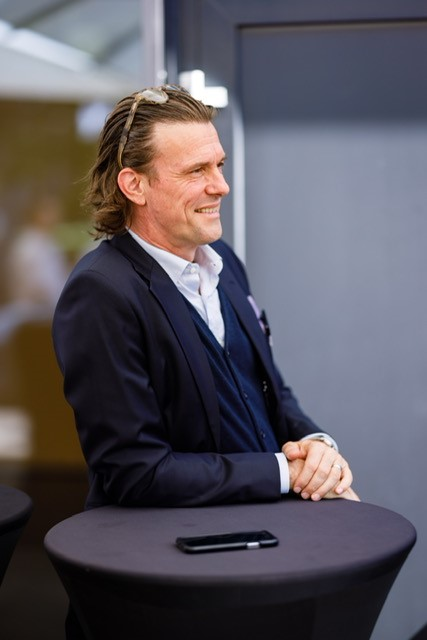
Universities
As a leading national institution for applied research and development in mechatronics, the Institute of Mechatronic Systems (IMS) specialises in innovative projects at the interface of mechanics, electronics and information technology. The concentrated know-how of over 50 employees from a wide range of disciplines and a modern research infrastructure make us your flexible and efficient partner for the realisation of your projects in research and development.
Technikumstrasse 5
8401 Winterthur
Mechatronics, robotics, control engineering, power electronics, drive technology, Industry 4.0 / 5.0, digitalisation in industry, AI in robotics, human-robot collaboration, systems engineering, medical technology, 3D printing
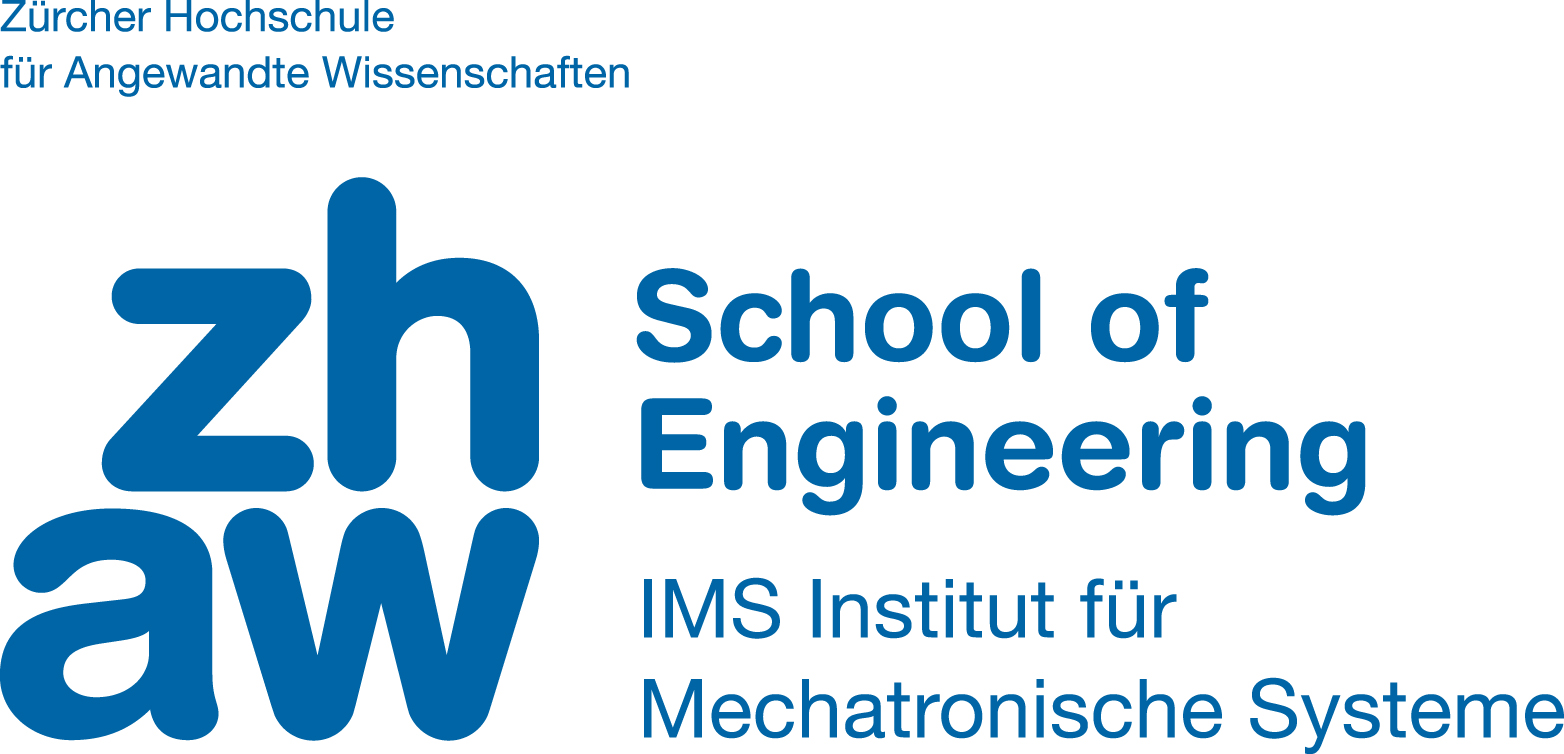
Universities
The ZHAW Centre for Artificial Intelligence (CAI) is a hub for excellence in applied AI research. Our mission is to advance human-centric and trustworthy AI research in Switzerland, thereby providing students with career opportunities in the AI sector, attracting young talent and addressing the great challenges of our time through innovative use of AI. We believe in the power of interdisciplinary collaboration and engaging in dialogue with the research community, with our students, and with our industry partners.
The CAI focuses on machine learning and deep learning in the following areas: Computer vision, perception and cognition (incl. pattern recognition, machine perception and neuromorphic engineering);Natural language processing (i.e., dialogue systems, text analytics and spoken language technologies); Autonomous learning systems (reinforcement learning, multi-agent systems and embodied AI); Trustworthy AI (explainable AI, robust deep learning, AI & society); and AI engineering (MLOps, data-centric AI and continuous learning)
Technikumstrasse 71
8401 Winterthur
The CAI focuses on machine learning and deep learning in the following areas: Computer vision, perception and cognition (including pattern recognition, machine perception and neuromorphic engineering); natural language processing (i.e. dialog systems, text analytics and spoken language technologies); autonomous learning systems (reinforcement learning, multi-agent systems and embodied AI); trustworthy AI (explainable AI, robust deep learning, AI & society); and AI engineering (MLOps, data-centric AI and continuous learning)
Analytics, Artificial Intelligence (AI), Automation, Autonomous Systems, Data Science, Deep Learning, Diagnostics, Digital processes and transformation, Industry 4.0, Machine Learning, Neural Networks, Networking, Robotics, Start-ups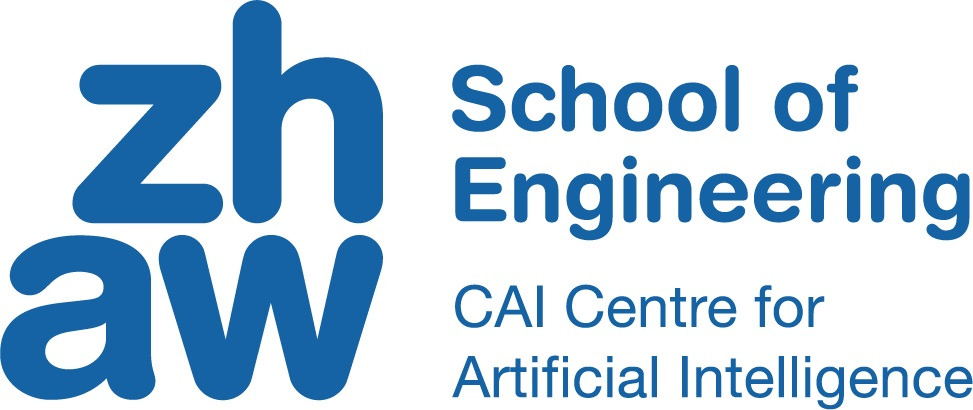
Universities
Excellence in entrepreneurship at ETH Zurich is driven by world-class research and education. It gives rise to groundbreaking new ventures that consolidate Switzerland’s technological leadership. Are you an aspiring entrepreneur seeking to find solutions to global challenges and create a better future for humanity. Or are you just interested in the entrepreneurial ecosystem at ETH Zurich? Browse our websites to find out more or reach out to the Entrepreneurship group, if you have any questions.
Weinbergstrasse 11
8092 Zürich
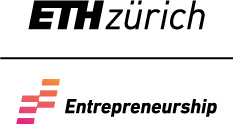
Universities
The Student Project House is a creative think- and makerspace open to all ETH students. With this initiative, ETH Zurich has created an open platform for the exchange of ideas between students from all disciplines. The platform also offers students support in implementing their own project ideas.
Clausiusstrasse 16
8006 Zürich
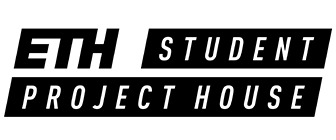
Universities
feminno offers all female scientists (from life sciences, natural sciences, medicine, health, psychology and tech) the opportunity to bridge research from an academic perspective with innovation, entrepreneurship and industry. Open to researchers of all Swiss Universities, the ETH domain and the Universities of Applied Sciences.
Tannenstrasse 3, c/o ETH Zurich, CLA E 32.2
8092 Zürich
